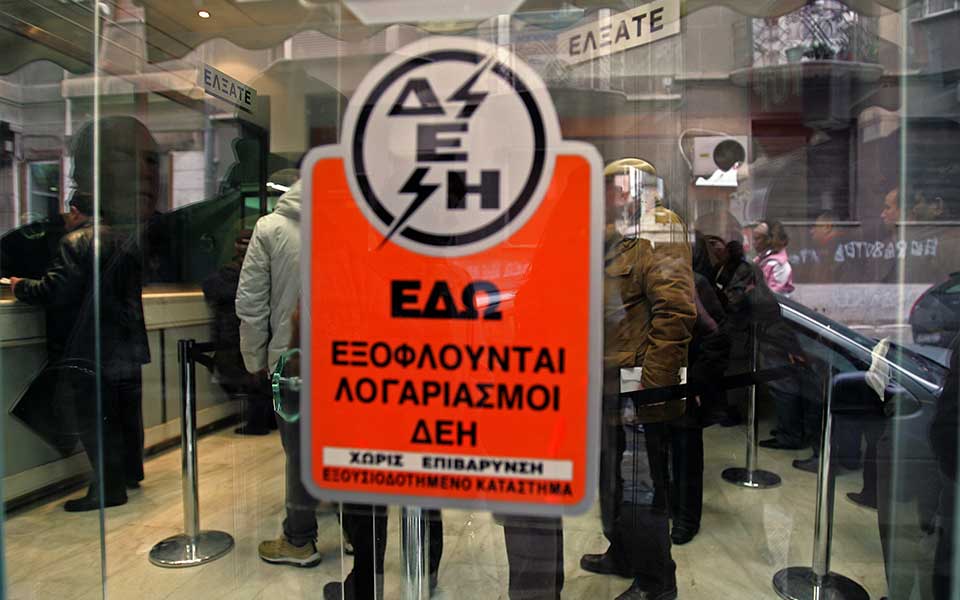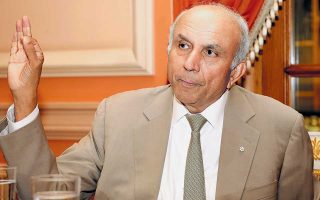PPC ‘could collect 20-30 pct of dues’

Public Power Corporation could collect about a quarter of the 2.7 billion euros in unpaid bills as part of the government’s effort to prevent the utility from going bankrupt, but this has to be done with great care, a finance professor and dues payment expert tells Kathimerini English Edition.
The government plan, that Energy Minister Kostis Hatzidakis presented this week in Parliament, includes the sale of assets such as a stake in PPC subsidiary grid operator DEDDIE, the abolition of power auctions, and measures to reduce the pile of overdue electricity bills.
Indeed the main source of PPC’s financial troubles is the failure by hundreds of thousands of its clients to pay their bills.
PPC reported last month that the sum of unpaid bills amounts to 2.7 billion euros, and despite efforts to sell off some of that to funds and force strategic dodgers to pay up, the pile of overdue debts to the utility keeps growing, quarterly figures show. Hatzidakis said the primary target will be “the big fish”, in his own words, i.e. about 60,000 customers who owe a sum of 800 million euros.
Antonis Zairis, assistant professor of finance at Neapolis University in Cyprus, says 20-30 percent of the overdue payments are collectible, but that this would take a cautious policy and specially qualified staff to achieve. Collecting 550 to 800 million euros would indeed be a major boost for a company that posted losses of 907 million euros in 2018.
“That requires a systematic procedure exhausting all options, up to the threat of taking debtors to court,” says Zairis, who co-authored a book on debt collection strategies titled “SOS: Get Paid in Full Now,” along with George Stamatis.
He adds that negotiating with strategic dodgers will be crucial, with moral commitment proving very efficient.
“Direct communication with debtors is essential, with negotiations including all the necessary stages, including surprising them and giving them dilemmas to choose between. Many people react positively to dilemmas and force themselves to make decisions they otherwise wouldn’t,” says Zairis.





